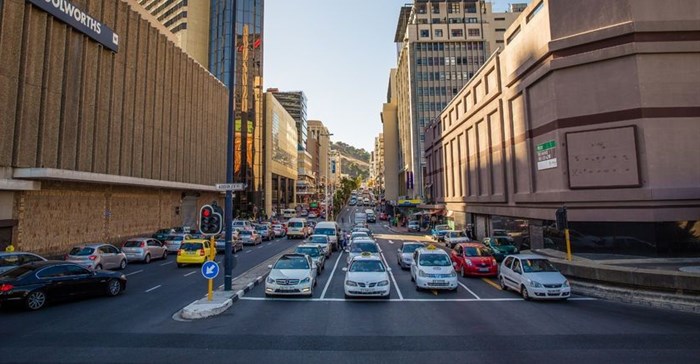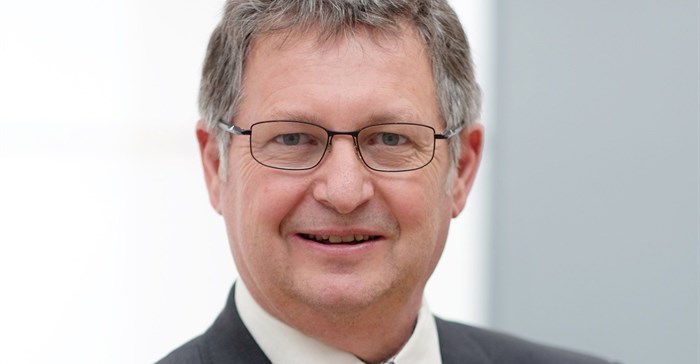
Top stories






AutomotiveHilux Custom Builds offers purpose-built solutions for your business
Toyota South Africa Motors 2 days
More news




















Before the dawn of democracy in 1994, South Africa lacked a reliable public transport system. The only modes of public transport were crowded commuter trains and a handful of minibus taxis.
Now, however, we have a public transport system that caters for millions of commuters, including a world-class, high-speed Gautrain, properly maintained roads, international airports to be proud of, and we also have vehicle manufacturing plants that have grown significantly over the years.
There are eight automotive brands manufacturing cars in the country and together, they have invested billions of rands in skills development and plant upgrades which enable the production of high-quality vehicles.

Thousands of jobs have been created over the years and hundreds of people have received training all over the world in an effort to foster ongoing educational opportunities.
The South African government has been incredibly supportive of the automotive industry with programmes such as the Automotive Production and Development Programme and, in turn, the industry has provided opportunities for people from previously disadvantaged communities while also investing in original equipment manufacturers and other entrepreneurs in this sector.
In recent years, the local motoring industry suffered from a critical shortage of good engineers and this hampered carmakers’ ability to achieve their manufacturing goals while continuing to be competitive in a global context.
Nissan South Africa’s solution was the Nissan Graduate Development Programme, which initially started off with research at Nissan’s plants in Mexico and North America to establish a best-practice model. Since the programme started in 2012, it has produced 53 engineering graduates per year, of which 50% are women. It copied the programmes from its best plants and the results have been very promising because highly qualified engineers, who have valuable hands-on experience, are being produced.
Major transport infrastructure developments cost billions of rands and are often the result of investments being made by both the public and private sectors.
The important aspect of these largescale projects is that they show confidence in South Africa and they stimulate the economy directly through jobs and indirectly through ongoing international investments that ensure new projects are given the green light.
In an effort to support black economic empowerment, Nissan recently introduced onsite suppliers to its Rosslyn plant to reduce logistics time and costs, and in the next few months, it plans to introduce an incubation centre to assist small, black-owned businesses to get into the automotive supply chain.
Strategic investments in the transport sector over the years have transformed the quality of life of millions of people who were previously excluded from the economy. Now, there are reliable and safe transportation services that are enabling much-needed socio-economic development.
The government envisions that by 2020, more than 85% of the population of South African cities will be within a kilometre of an integrated rapid public transport network. The bus rapid transport (BRT) System, the Gauteng Freeway Improvement Project and the Tshwane Rapid Transit System are already carrying hundreds of thousands of passengers per week, according to the City of Tshwane.
The long-term plan for the BRT system is for it to cover 330km and to stimulate urban regeneration by bringing underprivileged communities closer to economic opportunities.
Everything from economic growth to social services and personal ease of movement is dependent on transportation, so during this month, take the time to appreciate that we are lucky to live in a country that has grown immensely and that continues to provide opportunities for all South Africans.
As a major stakeholder, job creator and innovator in the transport sector, we are proud of the country’s achievements and is optimistic about South Africa and Africa’s ability to prosper well into the future.
